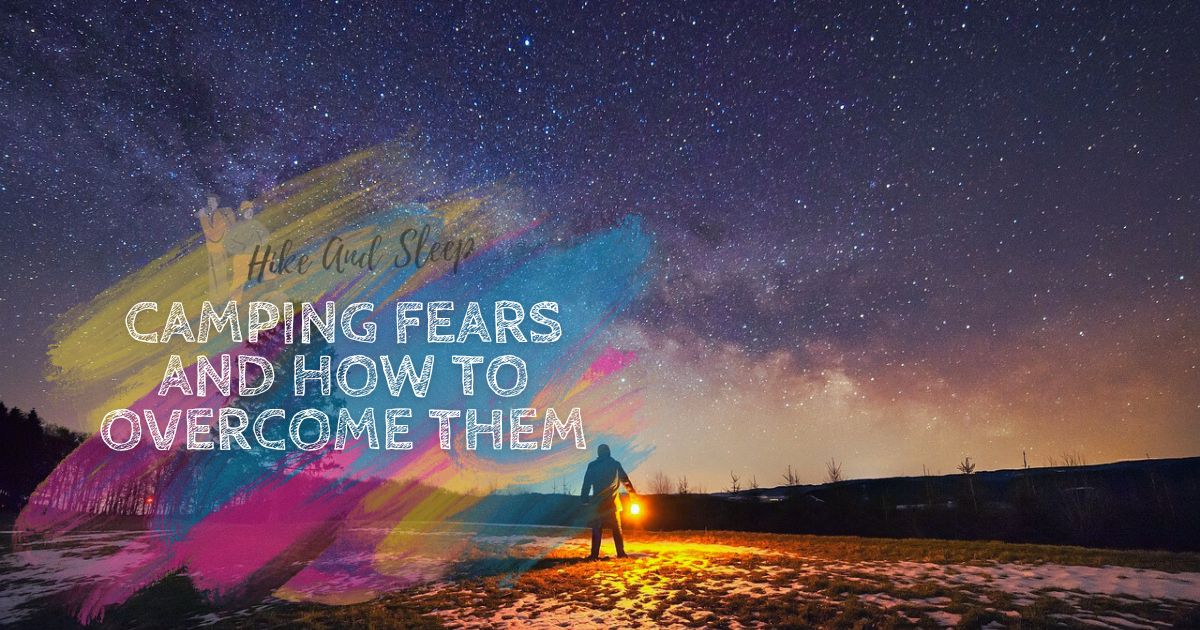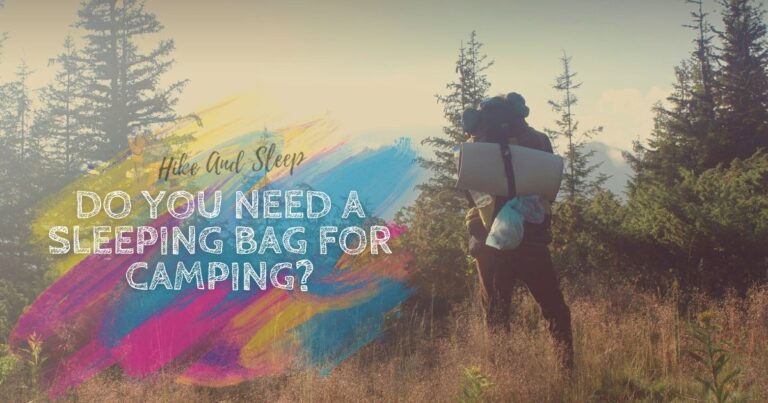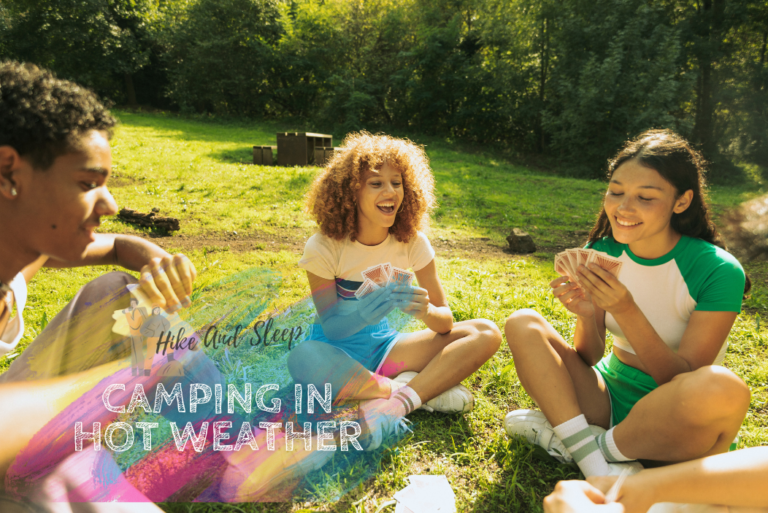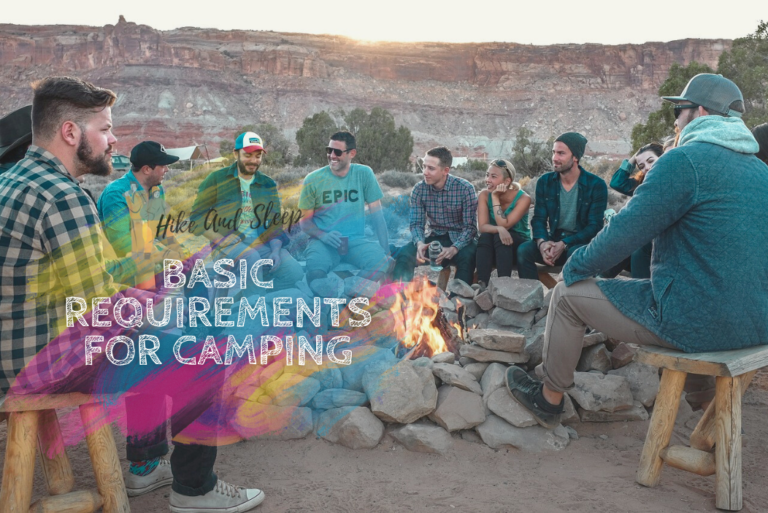Camping Fears and How to Overcome Them
Camping is an exciting and adventurous outdoor activity that allows people to connect with nature, unwind, and create lasting memories. However, for some individuals, the thought of camping can evoke feelings of fear and anxiety. In this article, we will explore common camping fears and provide practical tips on how to overcome them.
Whether you’re a novice or an experienced camper, these strategies will help you embrace the beauty of the great outdoors without letting fear hold you back.
Table of Contents
- 1 What Are Camping Fears?
- 2 Fear of Wildlife Encounters
- 3 Fear of Unknown Noises
- 4 Fear of Getting Lost
- 5 Fear of Extreme Weather
- 6 Fear of the Dark
- 7 Fear of Inadequate Equipment
- 8 Fear of Campfire Accidents
- 9 Fear of Camping Alone
- 10 Fear of Creepy Crawlies
- 11 Fear of Hygiene and Sanitation
- 12 Fear of Sleeping Uncomfortably
- 13 Fear of Food Mishaps
- 14 Fear of Lack of Facilities
- 15 Fear of Boredom and Loneliness(In Case Of Solo Trip)
- 16 Conclusion
- 17 FAQs
What Are Camping Fears?
Camping fears are common and can stem from various factors such as unfamiliarity with the outdoors, concerns about safety, and fear of the unknown.
These fears can hinder people from experiencing the joys of camping. By addressing them head-on and implementing practical solutions, individuals can gradually overcome their fears and fully enjoy the camping experience.
Fear of Wildlife Encounters
One of the most prevalent fears among campers is encountering wildlife in their natural habitat. While it’s important to respect and appreciate wildlife, understanding how to minimize risks and maintain a safe distance is crucial.

Before embarking on a camping trip, gather knowledge about the local wildlife, their behavior, and their habitats. This will help you make informed decisions and feel more confident during your outdoor adventure.
Additionally, follow these safety measures to minimize the chances of wildlife encounters:
- Store food securely in airtight containers and keep them away from sleeping areas.
- Dispose of garbage properly in designated containers or by following Leave No Trace principles.
- Avoid leaving food scraps or leftovers around the campsite, as they can attract wildlife.
Fear of Unknown Noises
The sounds of nature at night can be unfamiliar and unsettling for some campers. To alleviate this fear, educate yourself about the natural sounds you may encounter while camping.
This knowledge will help you distinguish between harmless noises and potential dangers. If you find it challenging to sleep due to the sounds, consider using earplugs to create a quieter environment.
Fear of Getting Lost
The fear of getting lost can make camping trips stressful. To prevent this fear from taking hold, equip yourself with navigation tools such as a map, compass, or GPS device.
Familiarize yourself with the trail markers or use physical markers like ribbons or stones to ensure you stay on the right path. It’s also advisable to inform someone about your camping plans and estimated return time.
If you want to stay connected to the world, make sure you keep your smart devices along with you. Your phone, Laptop, Tablet, chargers, of course, enough mobile data, cell phone signal boosters, or anything that can keep you connected to the world.
Fear of Extreme Weather
Unpredictable weather conditions can trigger anxiety for campers. To alleviate this fear, check weather forecasts before your camping trip and pack accordingly.
Bring appropriate clothing and gear to protect yourself from rain, wind, or extreme temperatures. Having the necessary equipment and being prepared for changing weather conditions will provide peace of mind.
Fear of the Dark
The unfamiliarity of camping in the dark can trigger fear in many individuals. To overcome this fear, employ illumination techniques that provide a sense of security and comfort.

Invest in reliable camping lanterns or headlamps to light up the campsite. Familiarize yourself with the layout of the campsite during the daylight hours, making it easier to navigate at night.
Fear of Inadequate Equipment
Feeling unprepared due to inadequate camping equipment is a common fear. To overcome this fear, conduct thorough research on camping gear and test it before your trip.
Ensure you have essentials such as a tent, sleeping bag, cooking equipment, and appropriate clothing. Making a checklist and double-checking your equipment before leaving will boost your confidence.
Fear of Campfire Accidents
Campfires are a central part of the camping experience, but the fear of accidents can deter some individuals. To alleviate this fear, follow essential fire safety measures.
Keep a safe distance from the fire, supervise it at all times, and never leave it unattended. Ensure you have a water source nearby to extinguish the fire completely before leaving the campsite.
Fear of Camping Alone
Camping alone can be intimidating for many people. To build confidence, start by camping in familiar areas or campgrounds. Gradually venture into more remote locations as you gain experience and confidence.
Alternatively, consider joining camping groups or going on guided camping tours to enjoy the company of fellow outdoor enthusiasts.
Fear of Creepy Crawlies
The fear of insects and animals can make camping uncomfortable for some individuals. Educate yourself about the local wildlife and learn to differentiate harmless creatures from potentially harmful ones.
Use protective measures such as bug repellents, proper clothing, and closed tents to minimize contact with insects and animals.
Fear of Hygiene and Sanitation
Concerns about hygiene and sanitation can make camping daunting. Overcome this fear by practicing proper campsite cleanup. Dispose of waste in designated areas, use biodegradable products when possible, and leave the campsite cleaner than you found it. Carry hygiene products like biodegradable soap, hand sanitizer, and toilet paper to maintain personal cleanliness.
Fear of Sleeping Uncomfortably
The fear of sleeping uncomfortably can prevent campers from fully enjoying their experience. Invest in high-quality camping gear, such as sleeping bags or air mattresses, to ensure a comfortable night’s sleep.
Create a cozy sleeping area by arranging your sleeping gear properly and adding extra layers or blankets for warmth.
Fear of Food Mishaps
Concerns about food safety and mishaps can hinder the camping experience. Overcome this fear by practicing safe food handling and storage.
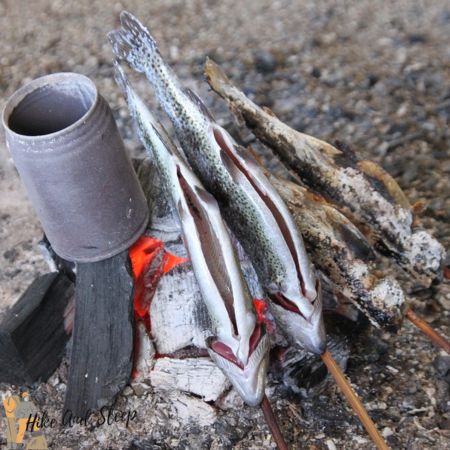
Pack perishable items in coolers with ice or ice packs to prevent spoilage. Plan meals in advance and ensure proper cooking temperatures to avoid foodborne illnesses. Follow Leave No Trace principles and properly dispose of food waste.
Fear of Lack of Facilities
The fear of inadequate facilities can be a deterrent for some individuals. Research alternative camping options, such as campgrounds with amenities like restrooms and showers.
Alternatively, consider investing in portable toilets and showers to ensure a more comfortable camping experience.
Fear of Boredom and Loneliness(In Case Of Solo Trip)
Camping can sometimes lead to feelings of boredom or loneliness. Engage in activities that interest you, such as hiking, fishing, or stargazing.
Bring along books, games, or musical instruments to entertain yourself. If you prefer company, invite friends or family to join you on your camping trip.

Conclusion
Camping fears can be overcome with knowledge, preparation, and gradual exposure to outdoor experiences. By addressing these fears head-on and implementing practical strategies, campers can enjoy the beauty of nature, create cherished memories, and develop a deep appreciation for the great outdoors.
Read Also: Solo camping for women
FAQs
Is camping safe for beginners?
Camping can be safe for beginners if proper preparation and precautions are taken. Start with well-equipped campgrounds and gradually venture into more remote areas as you gain experience.
What should I do if I encounter a wild animal while camping?
Stay calm, maintain a safe distance, and do not feed or provoke the animal. Slowly back away and give the animal space to retreat.
What is the fear of camping called?
It’s called Arkoudaphobia.
What are some essential items to pack for a camping trip?
Essential items include a tent, sleeping bag, camping stove, first aid kit, flashlight, and appropriate clothing for varying weather conditions.
How can I ensure a comfortable night’s sleep while camping?
Invest in a quality sleeping pad or air mattress. Arrange your sleeping gear properly and add extra layers or blankets for warmth and comfort.

